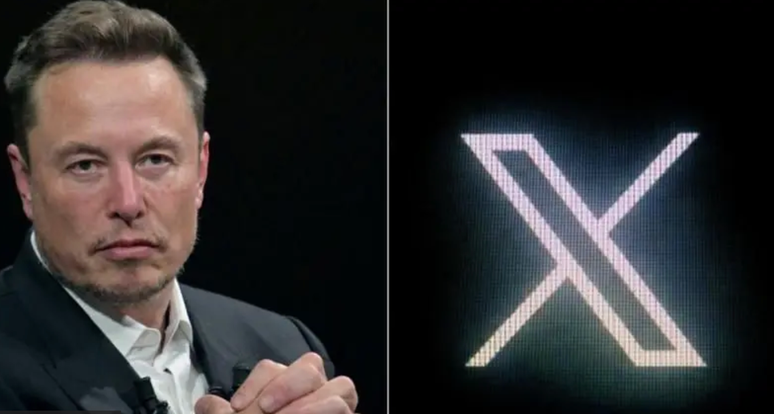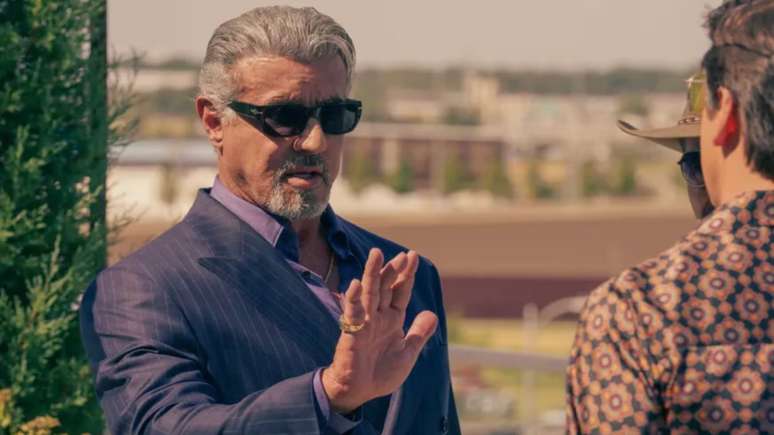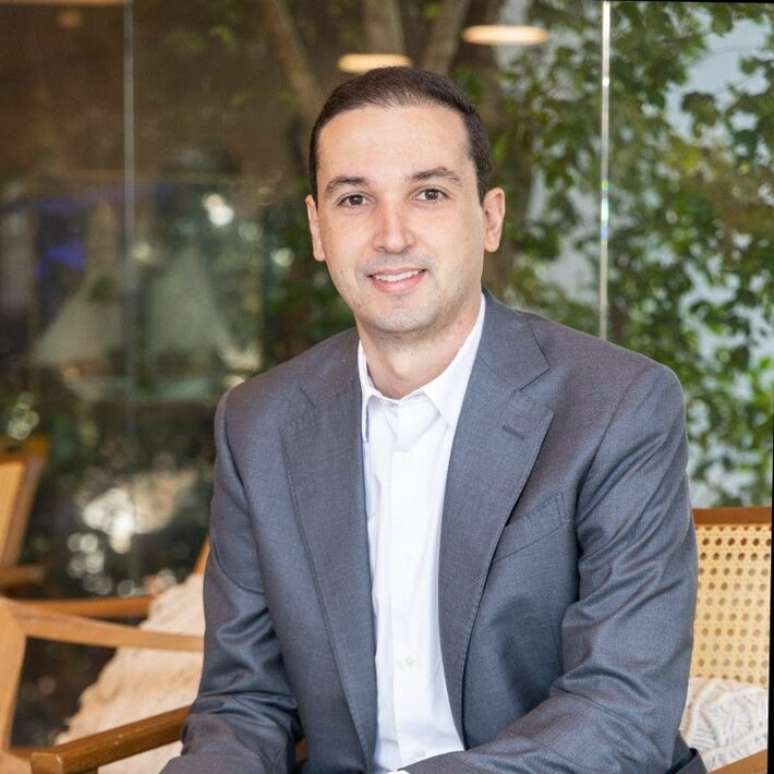Users have started reporting that X (formerly Twitter) has resumed operations in Brazil despite the ban imposed by the STF
The return of the social network X (formerly Twitter) to cities like São Paulo and Belo Horizonte since the early hours of this Wednesday (19/9) has attracted the attention of users and Brazilian authorities.
This is because the return challenges the decision of the Minister of the Supreme Federal Court (STF), Alexandre de Moraes, who since August 31 has suspended the operation of the social network of billionaire Elon Musk in Brazil.
The return of the X, therefore, is the latest episode in the clash between Musk, considered the richest man in the world, and Alexandre de Moraes.
The return of
Experts interviewed by BBC News Brasil explain that the return of the network was only possible thanks to a technical change that would have “bypassed” the blocks imposed by telephone and internet operators in Brazil.
According to them, X started hosting its content on a network known as Cloudflare, one of the most complete in the world. In this way, the block previously implemented by Brazilian operators no longer had any effect.
The experts interviewed are divided on the objective of the change. For one of them, it would be unwise to say that the change adopted by X would have as its main objective to “dribble” Moraes’ determination.
On the other hand, there would be evidence that the maneuver carried out by X had the specific objective of evading the STF order.
The two say, however, that the change to the network has created additional difficulty for the STF and operators in blocking access to X.
This is because, according to them, to block X now, it would be necessary to block access to the new network on which it is hosted. The problem is that this could cause a “blackout” on the most popular websites in Brazil.
Blockades and ‘trucks’ of changed license plates’
Sage Networks’ chief technology officer, Thiago Ayub, explained to BBC News Brasil how the change that allowed access to X to return to the country came about.
He said that X previously hosted its services on its own providers.
Now, he said, X has started using a third-party network, Cloudflare, a major company in the content hosting and cybersecurity industry.
The expert said that when the STF ordered the blocking of X in Brazil, Brazilian Internet operators and providers complied with the order, denying access to X providers’ IP addresses in the country.
But now the content is located at another address and therefore outside the list of previously blocked addresses.
Ayub compares suppliers to logistics companies that need to use trucks to make a delivery.
According to him, it is as if instead of using trucks with license plates blocked by the STF blockade, X used “trucks” from another company with license plates that until then had not appeared in the list used by the operators.
Since the plates are different, the lock does not work.
“Every Internet connection has an identifying number called an IP address. It’s like a license plate. This new server, because it uses a different facility, is like another truck with a different license plate and that’s why they weren’t on the initial block list,” he said.
Risk of blackout?
For Ayub, the measure adopted by X has created a further problem for STF, Anatel and Internet operators and service providers in Brazil.
That’s because, he said, taking X offline would require, in principle, blocking access to the Cloudflare network. That, Ayub said, could break a number of other services.
“The situation is quite complicated. Blocking Cloudflare’s servers would essentially block all customers using the same services. Several major companies abroad and in Brazil have websites indirectly hosted on the same infrastructure. This could lead to the blackout of several popular sites in Brazil,” he said.
Ayub said that the country’s internet operators and providers have not yet decided what they will do next.
David Nemer said he assessed the dilemma similarly.
“Operators can block Cloudflare, but that will block the entire platform, affecting sites and services that have nothing to do with X,” he said.
According to Nemer, the only technical alternative to block X in Brazil again would be for Cloudflare to block it itself. The problem, according to Nemer, is that the company does not even have a representative in Brazil.
Intentional or not?
Ayub said there was still no evidence to attribute the change to a deliberate attempt by X to circumvent the ban imposed by the STF.
“It would be bold to infer that the intention was to circumvent the court decision, but in practice that is what ultimately happens. We could only say that the intention was intentional if the company came forward. But the timing is very surprising because this change occurs after the ban,” he said.
An expert in the anthropology of technology and professor at the University of Virginia, David Nemer, told BBC News Brasil that there was evidence that the maneuver was intended to violate Moraes’ order.
Nemer said that by checking the addresses of servers used by X around the world, he discovered that only access from Brazil was done through Cloudflare.
According to him, in all other countries access would be through X servers.
“Musk made this change in Brazil. Only in Brazil, the delivery of X content is done by the Cloudflare server,” he told BBC News Brasil.
The dispute
The legal dispute between STF and Musk’s network culminated in the suspension of the platform in Brazil in late August.
The decision came after the company failed to comply with a series of court orders, which included appointing a legal representative in the country and removing specific profiles and content.
While the STF insists on respecting the decisions, Musk has refused to comply, accusing the Brazilian judiciary of threatening democracy.
The billionaire claims his actions are part of a fight for freedom of expression.
However, Minister Alexandre de Moraes, who was responsible for the decision, countered by saying that Musk confuses freedom of expression with the right to engage in verbal aggression.
To date, X continues not to designate a legal representative to operate in Brazil.
BBC News Brasil sent questions to X, the National Telecommunications Agency (Anatel) and the STF about X’s return to operations in the country.
OX did not respond.
The STF said in an email that it had no information to provide about the case.
In a statement, Anatel did not respond to questions posed by the report, but said it “maintains monitoring of the blocking order” issued by the STF and that “the result of this monitoring is reported directly” to the Court.
Source: Terra
Rose James is a Gossipify movie and series reviewer known for her in-depth analysis and unique perspective on the latest releases. With a background in film studies, she provides engaging and informative reviews, and keeps readers up to date with industry trends and emerging talents.






